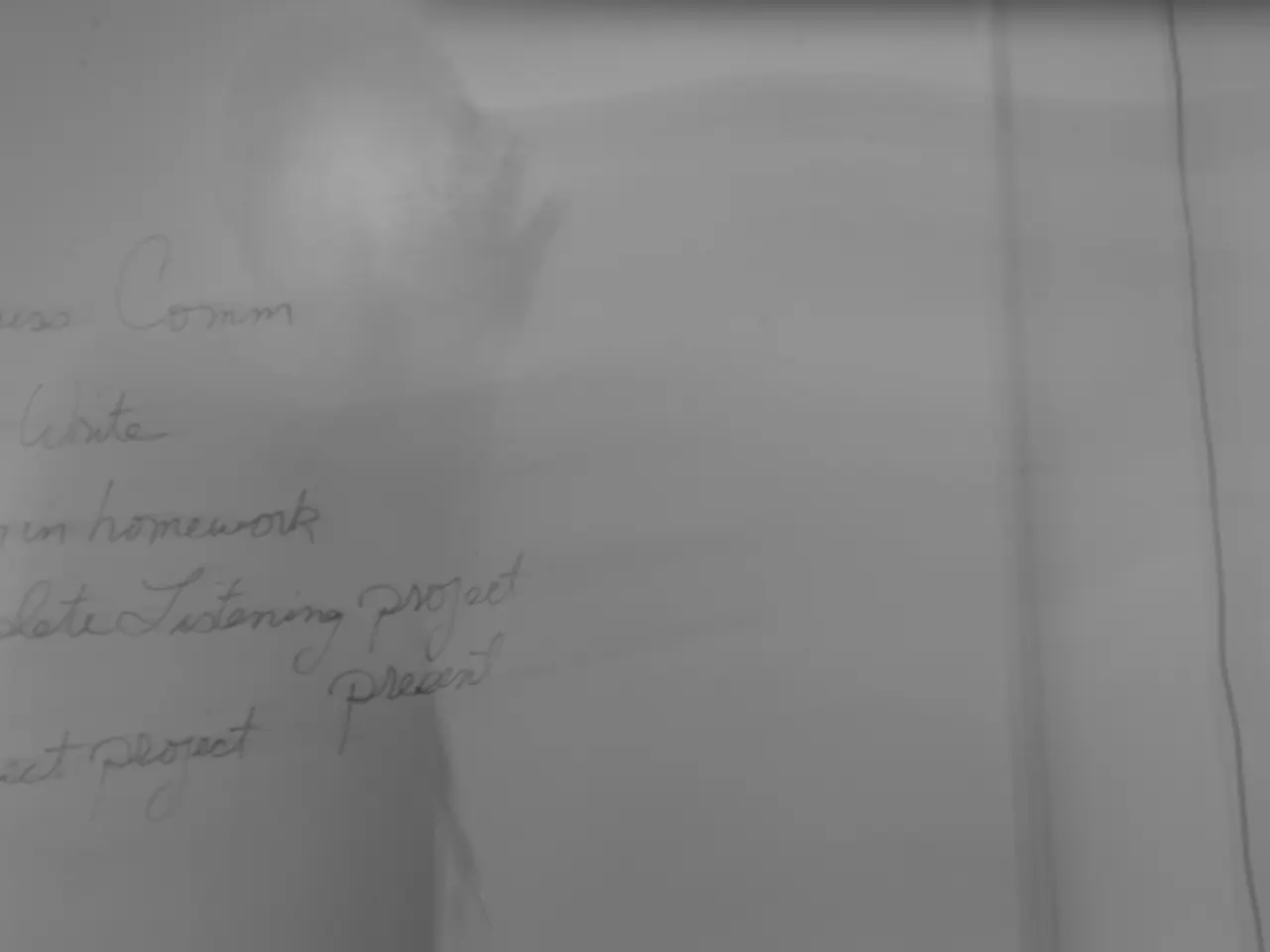Increase in Romania's budget deficit to 3.39% observed during the initial five months of 2025
Romania's new government, led by Prime Minister Ilie Bolojan, is actively working on a fiscal consolidation plan to address the country's persistent budget deficits and exit the Excessive Deficit Procedure (EDP) under EU scrutiny.
According to recent financial data, Romania's consolidated general budget expenditures for the first five months of 2025 totaled RON 320.23 billion (EUR 64.37 billion), a 12.2% increase compared to the same period last year. Personnel expenditures reached RON 71.07 billion (EUR 14.29 billion), up 11.3% year-on-year, representing 3.8% of the country's GDP, a 0.2% increase from the previous year.
Expenditures on goods and services were RON 38.30 billion (EUR 7.70 billion), up 0.8%, with growth recorded under the national health insurance budget (+4.1%) for reimbursing subsidized medicines and drugs under national health programs. Social assistance expenditures were RON 106.21 billion (EUR 21.34 billion), up 15.2% year-on-year, mainly due to pension recalculations under Law No. 360/2023, effective September 1, 2024.
The budget deficit in absolute terms was RON 64.23 billion (EUR 12.91 billion) in January-May 2025, and as a share of GDP, it stood at approximately 3.39%, a figure above the EU limit of 3%. This has sustained Romania's position under the EDP, as the country remains under EU fiscal surveillance for five years due to budget deficits above the EU's threshold.
To address this situation, the Romanian government has committed to fiscal consolidation and is preparing a fiscal plan that aligns with demands from the European Commission. The plan, which must be presented before the ECOFIN meeting on July 8, 2025, is expected to include:
1. Development of a national fiscal sustainability strategy covering 2025 to 2030 with explicit deficit reduction targets. 2. Capping the growth of public expenditure, with the EU Council requiring Romania to ensure that expenditure growth does not exceed 2.8% in 2025 and 2.6% in 2026. 3. Increased institutional oversight, including stronger roles for the Fiscal Council and enhanced public consultations before major fiscal decisions.
The government has hinted at possible revenue measures such as raising the dividend tax rate from 10% to 16% and increasing excise duties by around 10%, although these are not yet confirmed.
Finance Minister Alexandru Nazare emphasized that significant fiscal discipline is necessary to reduce deficit and debt levels, which have increased considerably since 2021. He acknowledged that Romania’s negotiating power within EU financial bodies is currently limited by the ongoing EDP.
The Economic and Financial Affairs Council, or ECOFIN, adopted a new decision establishing that Romania has not taken effective action in response to Council recommendations in the context of the Excessive Deficit Procedure. Romania is expected to come up with an updated fiscal plan by the July 8 ECOFIN meeting in order to avoid sanctions under the Excessive Deficit Procedure.
The key immediate deadline is the submission of a satisfactory fiscal package by early July 2025 ahead of the ECOFIN assessment. With the EU's clear expectations to limit expenditure growth and implement a credible, detailed fiscal consolidation plan, Romania's new government is working diligently to meet these commitments and eventually exit the Excessive Deficit Procedure.
The Finance Minister, Alexandru Nazare, underscores the need for significant fiscal discipline to reduce Romania's deficit and debt levels, emphasizing that the government is reliant on this to negotiate effectively within EU financial bodies.
The development of a national fiscal sustainability strategy, which includes explicit deficit reduction targets, is one of the measures anticipated in Romania's business and finance sector as part of the fiscal consolidation plan.




